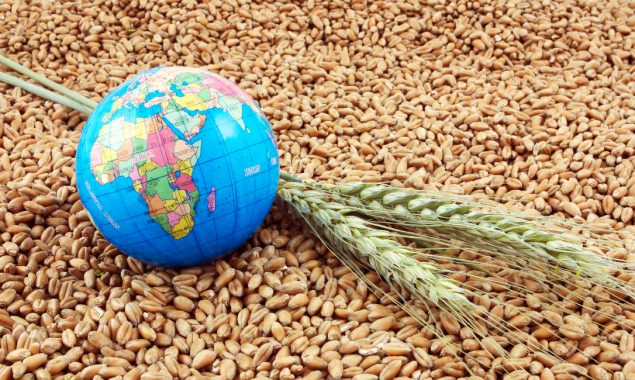
NAPLES: The Director-General of the Food and Agriculture Organisation of the United Nations (FAO), QU Dongyu, called on G20 Environment Ministers to step up joint efforts, increase investment and work more closely with FAO for game-changing impacts on the planet, Emirates News Agency (WAM) reported on Friday
Qu made the call at the G20 Ministerial Meeting held at Naples, Italy on the Environment, which discussed solutions for nature and sustainability – from combating climate change to building sustainable cities.
“Today, humanity faces a triple planetary crisis of biodiversity loss, climate crisis and the impact of the pandemic,” said the Director-General.
“To have healthy food, we need a healthy environment,” stressed Qu in view of the global challenge of having to meet a growing demand for food and other agricultural products whilst reducing greenhouse gas emissions as well as to conserve biodiversity, sustainably manage natural resources, including water, and protect and restore ecosystems.
Qu made a strong case for increasing water use efficiency and fostering sustainable water management to address water scarcity and improve water and food quality.
The lives of over a billion people are severely constrained by water scarcity or shortages; almost a billion hectares of rain-fed cropland and pastureland are severely affected by recurring drought; and over 60 percent of irrigated cropland are under high to very high water stress.
These water-related challenges could be addressed, argued Qu, with the help of digital innovation, more effective governance mechanisms, and investments.
The FAO Director-General also emphasized the need for stepping up biodiversity-friendly approaches, including more investments in related actions.
“Current levels of investment are highly insufficient,” said the FAO Director-General.
Yet, if we could fully fund the goal to restore degraded land, the target of halting deforestation could be achieved by 2030, added Qu.
The benefits of these would be significant. For example, reversing deforestation will help mitigate against climate change and reduce the risk of future zoonotic spill-overs. Reversing biodiversity loss and land degradation can reap $1.4 trillion per year.
Agricultural sectors offer key solutions to the biodiversity and climate crises.
To support these solutions, Qu also called for an enabling environment – including institutions, policies and financial backing for the small-scale producers, family farmers, and Indigenous Peoples, who are the true in-situ custodians of our natural resources.
Read More News On
Catch all the Business News, International News, Pakistan News, Breaking News Event and Latest News Updates on The BOL News
Download The BOL News App to get the Daily News Update & Follow us on Google News.




